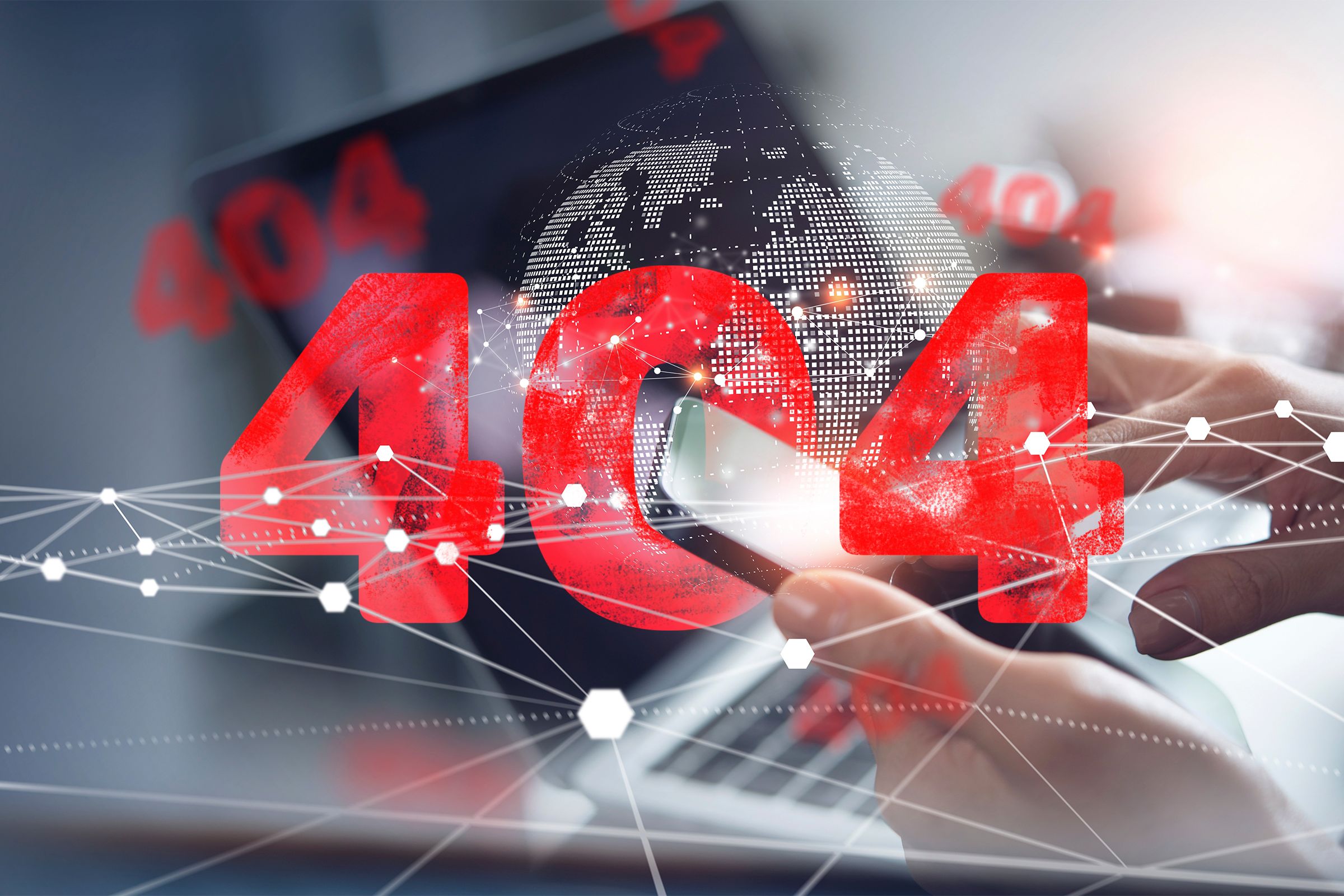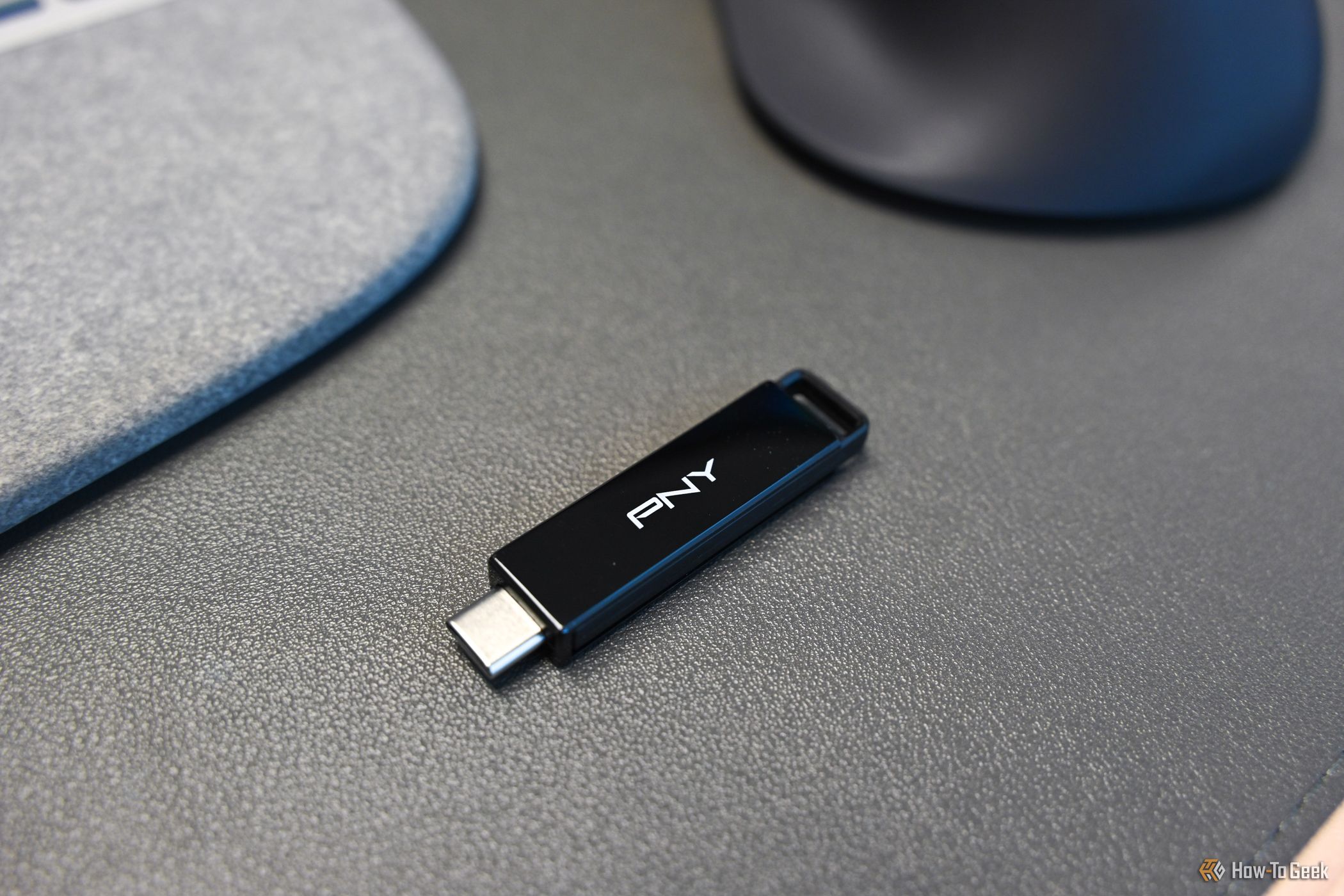
Excessive Dependence of Modern Tech on Internet Connectivity

Excessive Dependence of Modern Tech on Internet Connectivity
Key Takeaways
- CrowdStrike’s failed automatic security update was disruptive, leading to a massive Windows system outage.
- Being unable to start computers resulted in thousands of canceled flights and service disruptions across numerous industries, highlighting a single point of failure.
- Reliance on the cloud for data storage poses security risks, emphasizing the need for local backups and reducing internet reliance.
Delayed and canceled flights, delayed packages, and missed work hours. You’d think I’m describing a Gen Z horror movie, but it’s actually happening in real time. CrowdStrike ‘s failed cybersecurity update has caused a global outage of Windows systems, exposing the fragility of our modern infrastructure.
Forced Updates Are Disruptive
Microsoft loves to force auto-updates, and there’s no easy way to disable them . These updates are incredibly disruptive even when they go completely smoothly, as they can prevent your system from shutting down and turning on without installing the update. I was late to several online classes during the pandemic because of this; fortunately, so were my other colleagues and professors.
As CrowdStrike “graciously” demonstrated to us today, forced updates are seriously destructive when they fail. This was a scheduled overnight kernel-level update that failed, causing a Blue Screen of Death (BSOD) at boot. The issue has affected thousands of companies, organizations, banks, clinics, and service providers. To be fair, this was not a Microsoft update , but one from a third-party vendor. However, the principle and type of vulnerability remains the same.
US and European Airlines heavily rely on Windows machines for communication and organization, so they were hit the hardest; over 2,000 flights have been canceled just in the US today because of the bug. Some estimates point to potential weeks of recovery for air freight. Even though the issue has been largely resolved, systems have to be reset manually, which is a time-consuming task for large corporations.
All of this wouldn’t have happened if the update wasn’t scheduled automatically. Experts from the IT department should be given the option to schedule system updates at a time that works for their organization.
A Single Point of Failure
What shocks me the most about this CrowdStrike debacle isn’t just how fragile our technological world is, but the nature of the fragility.
Linux is more commonly used as servers over Windows, so I didn’t expect that a Windows update could wreak so much havoc on critical services.
This teaches us an important lesson about redundancy and the unreliability of centralized systems. In an ideal world, critical systems would have backup plans including alternative platforms like Linux and Mac computers, but this isn’t the case. Hopefully, we can learn from this incident and put some sort of backup system in place so we’re prepared.

panuwat phimpha/Shutterstock.com
What about your home and the internet—you likely have a bunch of smart home devices that rely on your Wi-Fi router and the cloud to operate. This makes sense for some devices that have to answer random questions, tell you the news and the weather, and play music from the web, such as your smart speaker. It’s also great that you can control the devices when not at home, but not all devices need this capability.
For example, I have a smart outdoor lamp that can only be controlled via Wi-Fi, not Bluetooth. This makes it a rather silly and impractical outdoor lamp, as it remains stuck in whatever color and brightness configuration I last chose once it’s outside my router’s range.
Moreover, since these devices rely on the cloud to process your instructions, any disruptions on the server end can result in delays or unresponsiveness. If the device or service ever gets canceled, you could be left with a dumb paperweight. A good smart home is one that works offline , and you can achieve it with the help of alternative protocols like ZigBee .

Jerome Thomas / How-To Geek
Clouds Can Vanish
If you rely on the cloud to store important data, you’ll be left without a way to access it when your connection is down. However, that’s the least of your worries with cloud storage. A cloud data breach can result in leaked emails, passwords, pictures, and other sensitive information. Apple’s iCloud has leaked 2.6 billion personal records in just two years. There are some pieces of information that you should never upload to the cloud , as there’s always a risk of them leaking.
I don’t feel comfortable allowing tech companies to handle my personal data, and personally, I think that it’s only a matter of time before we see someone permanently delete some or all of our files on the cloud. If anything, companies could start deleting data from unused accounts to save space on their servers as a form of maintenance. For instance, MEGA starts deleting files after just three months of inactivity, so it’s smart to replace or supplement the cloud with local backups .

Hannah Stryker / How-To Geek
How to Reduce Your Reliance on the Internet
In addition to building an offline smart home and storing your files locally, there are numerous other small ways you can reduce your reliance on the internet. For starters, opt for offline versions of software you regularly use when possible. For instance, if I can’t write my articles on the web, I can use Microsoft Word in the meantime. You can do the same with your music, movies, and video games. Physical media are king!
Offline maps for navigation are also a good idea, as you could be left stranded if you go to an area with no reception. If you like to read or listen to news and broadcasts, you can switch to a traditional radio . As for communication, you can use SMS or even a landline, if it’s still available in your area ; it’s invaluable in case of an emergency. Lastly, if you’re in a business setting, all computers should be hooked up to a LAN to allow for communication between devices independent of the internet.
Also read:
- Exploring Effective Strategies for Overcoming Hardware Malfunctions with YL's Innovative Approach
- Fixing the 'dciman32.dll Not Detected' Problem on Your PC
- How to Perform Hard Reset on Tecno Camon 30 Pro 5G? | Dr.fone
- How To Upgrade or Downgrade Apple iPhone 12 Pro Without Data Loss? | Dr.fone
- In-Depth Look at How ChatGPT Link Sharing Works and What It Means for You
- Integrate Smoothly: Using ChatGPT's API
- Revolutionize Your YouTube Content with Advanced Video Editing in Sony Vegas for 2024
- Section 4C: Q&As
- Top 7 Budget-Friendly High-Res 4K Cameras for 2024
- Track Your Traffic The Straightforward Strategy for Scrutinizing YouTube Earnings
- Undelete lost music from Infinix Note 30i
- Why can’t I play MP4 files on my Galaxy S23 Ultra?
- Will Galaxy S23+ play AVCHD mts files?
- Title: Excessive Dependence of Modern Tech on Internet Connectivity
- Author: Ian
- Created at : 2025-02-16 19:38:04
- Updated at : 2025-02-19 16:41:37
- Link: https://techidaily.com/excessive-dependence-of-modern-tech-on-internet-connectivity/
- License: This work is licensed under CC BY-NC-SA 4.0.